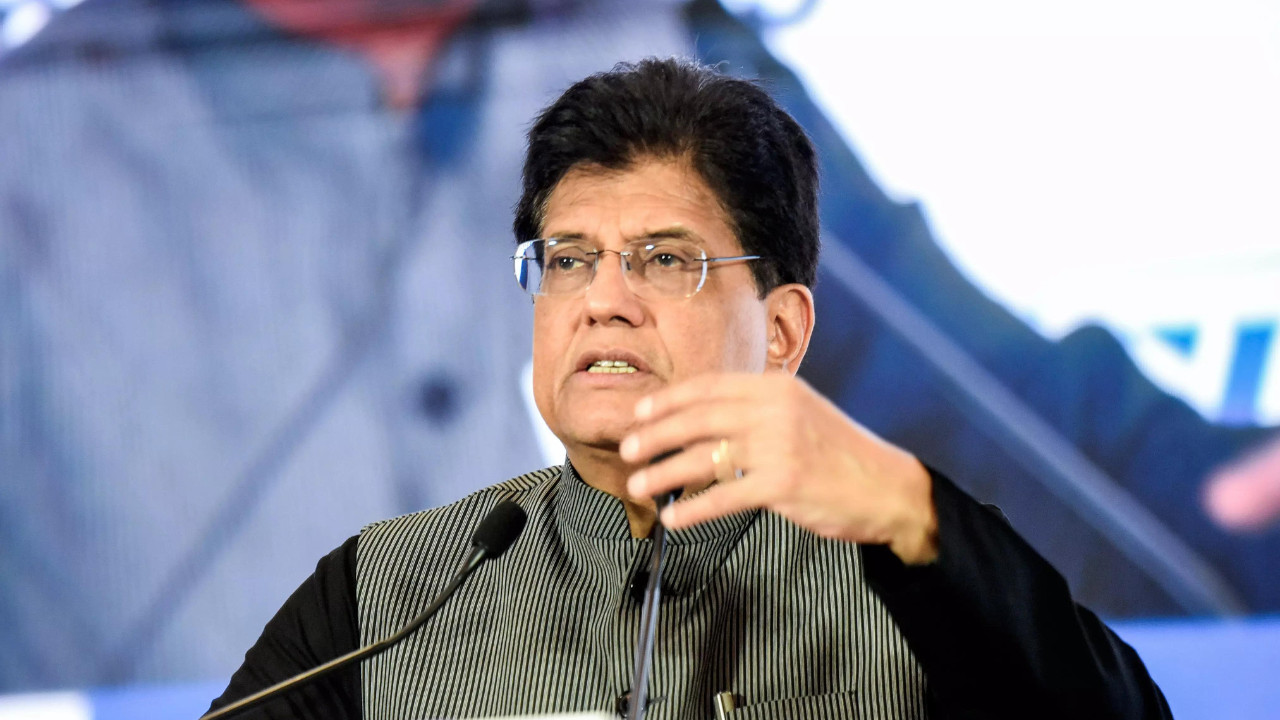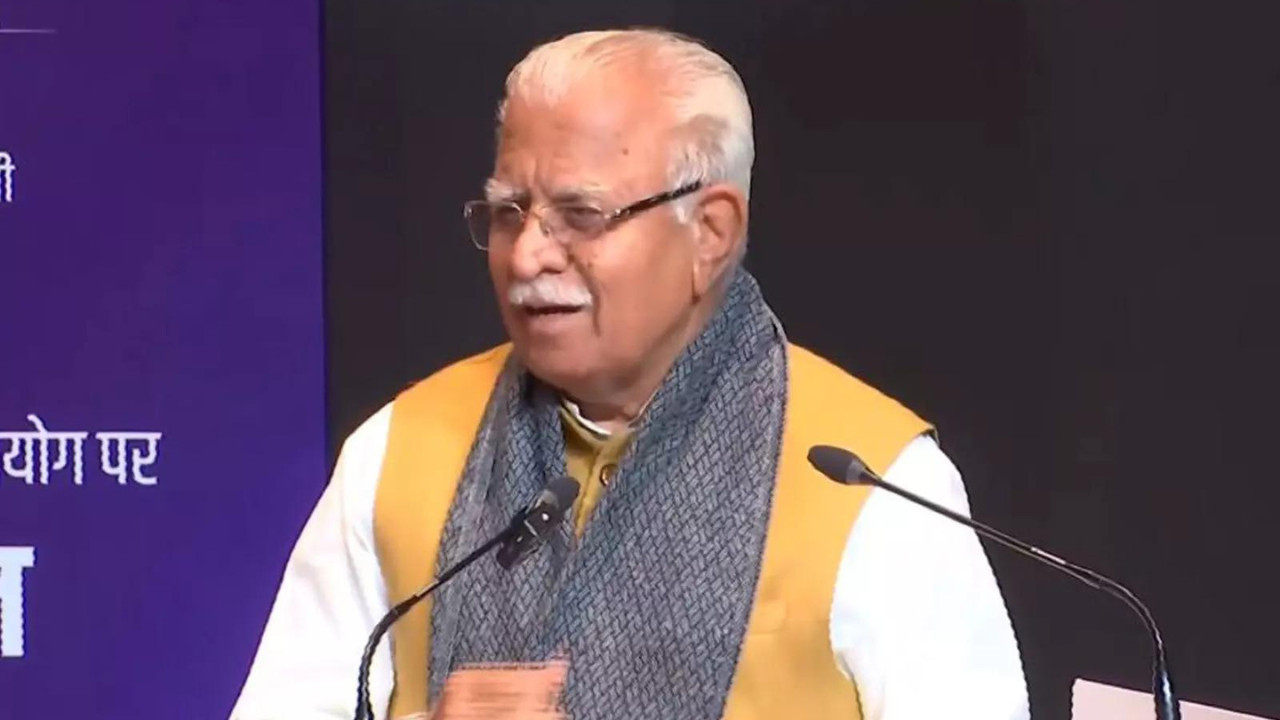India’s Global Capability Centers: Shaping a New Economic Landscape
India is fast becoming the world’s back office – and increasingly, its innovation hub. Global Capability Centers (GCCs), those sophisticated outposts of multinational corporations, are no longer just about cutting costs; they’re about driving real value, and the Confederation of Indian Industry (CII) is urging the government to create a more defined policy framework to support their continued growth.
Imagine this: a bustling tech park in Bangalore, but instead of a purely Indian company, it houses a team of engineers and data scientists working directly on cutting-edge AI for a Fortune 500 firm headquartered in Silicon Valley. That’s the power of a GCC. They represent a significant shift in how global businesses operate, tapping into India’s immense talent pool to innovate, develop new products, and improve existing processes.
But what exactly are Global Capability Centers and why are they so important to India’s economic future? They are essentially extensions of global companies, operating from India to provide a range of services, from IT and finance to R&D and customer support. Unlike traditional outsourcing, GCCs are directly integrated into the parent company’s operations, fostering deeper collaboration and knowledge transfer. This direct involvement gives them a strategic advantage and makes them more valuable to the host nation.
One of the key drivers behind the growth of Global Capability Centers in India is the availability of skilled talent at competitive costs. But it’s not just about affordability. India boasts a highly educated workforce, particularly in STEM fields, with a proven track record of innovation and problem-solving. This potent combination has made India an irresistible destination for companies looking to establish or expand their global footprint.
The CII’s call for a formal policy framework is a strategic move. While India has already benefited immensely from the influx of GCCs, a more structured approach can unlock even greater potential. The framework being requested isn’t about heavy-handed regulation; instead, it’s about creating a more predictable and supportive ecosystem that encourages long-term investment.
So, what would such a framework look like? Firstly, it should address regulatory clarity. Clear and consistent regulations around data privacy, intellectual property protection, and labor laws are crucial for building trust and attracting further investment. Imagine a simplified tax structure specifically designed to incentivise R&D activities within GCCs. This could create a ripple effect, spurring even more innovation and attracting high-value jobs.
Secondly, infrastructure development is critical. While major cities like Bangalore and Hyderabad have robust infrastructure, other emerging locations need upgrades to support the growing GCC sector. This includes improving connectivity, ensuring reliable power supply, and developing world-class office spaces.
Thirdly, skills development should be a top priority. The government, in collaboration with industry and academia, can play a vital role in bridging the skills gap and ensuring that India’s workforce remains competitive. Think specialized training programs tailored to the specific needs of GCCs, focusing on emerging technologies like AI, machine learning, and cloud computing. This ensures the workforce is ready for the challenges and opportunities presented by these evolving industries.

The potential benefits of a dedicated GCC policy are significant. It could lead to increased foreign direct investment (FDI), create high-skilled jobs, boost exports, and enhance India’s reputation as a global innovation hub. Moreover, a supportive policy environment can encourage GCCs to expand their operations in India, moving beyond routine tasks to more strategic and value-added activities. This includes investing in research and development, developing new products for the global market, and creating intellectual property.
For example, increased focus on R&D within GCCs could lead to breakthroughs in areas like sustainable energy, healthcare, and artificial intelligence. These innovations can then be exported to the world, generating revenue and solidifying India’s position as a global leader in technology and innovation. This ties into the larger narrative of India’s economic growth and its ambition to become a $5 trillion economy.
See also: [India’s Burgeoning Tech Startup Ecosystem](/india-tech-startups)
In conclusion, the CII’s call for a formal policy framework for Global Capability Centers is a strategic step towards maximizing their potential to drive India’s economic growth. By creating a more predictable, supportive, and innovation-friendly environment, India can attract even more GCCs, create high-skilled jobs, and enhance its reputation as a global innovation hub. This isn’t just about attracting investment; it’s about shaping India’s future as a global powerhouse in the knowledge economy. Focusing on key areas like regulatory clarity, infrastructure development, and skills development will unlock the full potential of GCCs, ensuring they continue to be a vital engine of growth for the Indian economy.







